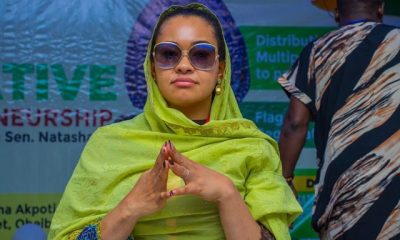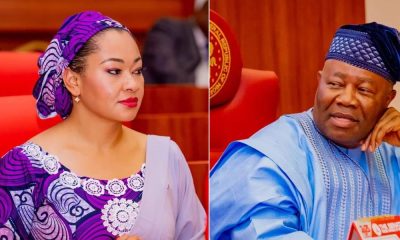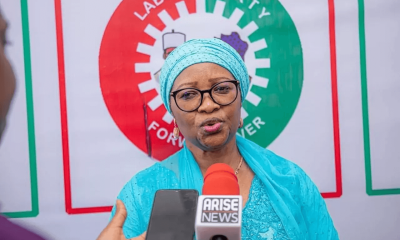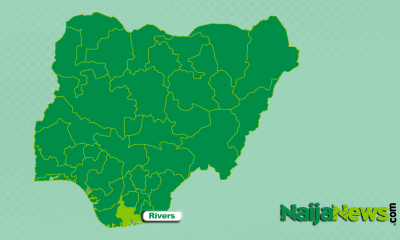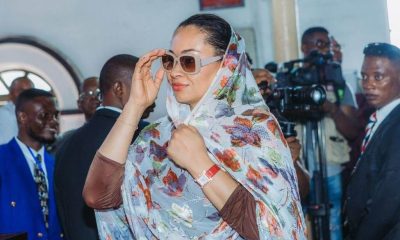Nigeria News
BBC Uncovers Manipulation Of Tinubu, Peter Obi’s Results During Presidential Election
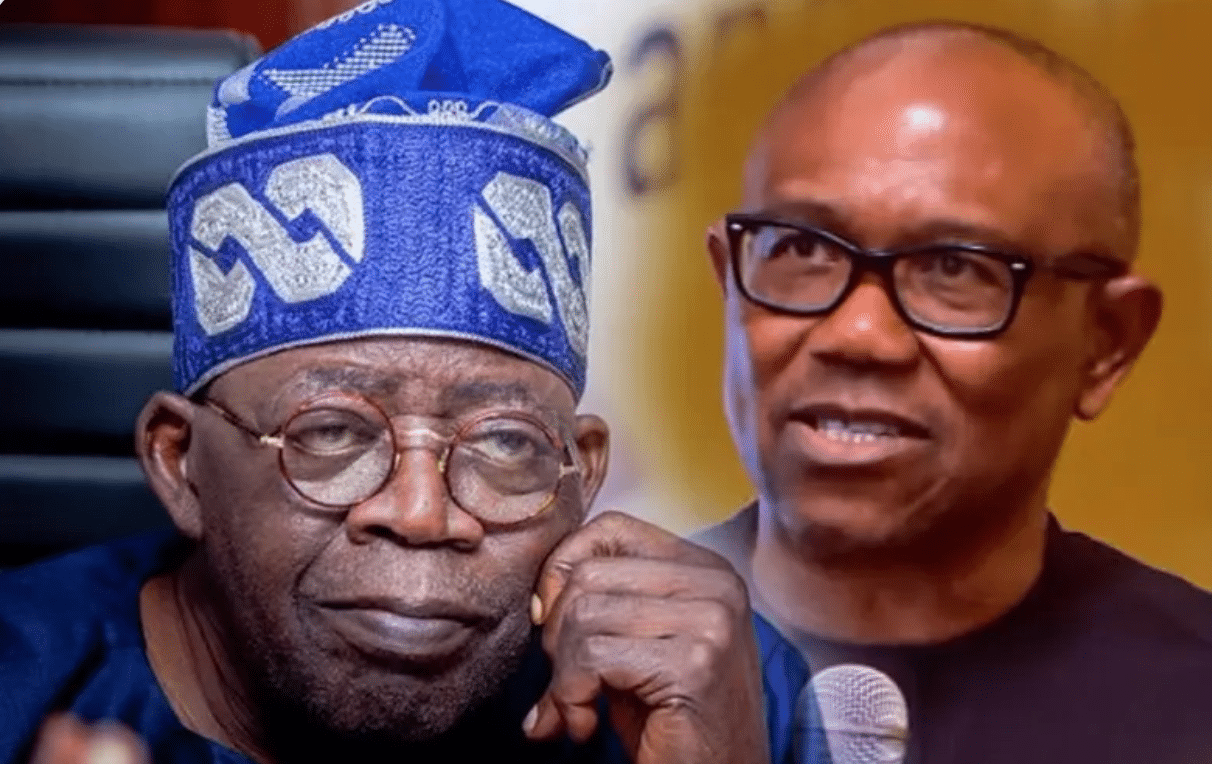
A recent investigation conducted by the British Broadcasting Corporation (BBC) into Nigeria’s presidential election on February 25 has uncovered evidence suggesting that a significant number of results may have been manipulated.
Naija News recalls that the Independent National Electoral Commission (INEC) declared the presidential candidate of the All Progressives Congress (APC), Bola Tinubu as the “president-elect” on March 1, with a margin of victory over his opponents.
However, the BBC investigation has identified anomalies in Rivers State, a key battleground, and raised doubts about the credibility of the election official who announced certain results.
The investigation focused on Rivers State, where opposition parties had raised numerous complaints.
By tallying the voting tally sheets from over 6,000 polling stations in the state, the BBC found significant differences compared to the official results.
According to the BBC’s analysis, it appeared that Peter Obi of the Labour Party (LP) had received the most votes in the state, while the officially declared winner, Bola Tinubu of the APC, had a much larger vote count.
The BBC’s analysis revealed an increase of over 106,000 votes for Tinubu and a decrease of over 50,000 votes for Obi.
The investigation also encountered challenges due to missing or incomplete data.
Some polling stations’ results were not available or incorrectly uploaded, while others had technical issues or security concerns that affected the voting process.
However, the BBC noted that even accounting for these factors, the sharp decline in votes for Peter Obi in the official results remained unexplained.
The BBC investigation identified two local government areas, Oyigbo and Obio/Akpor, where major discrepancies were observed.
In Oyigbo, the vote count for Bola Tinubu was six times higher in the official results compared to the BBC’s polling station count.
Conversely, Peter Obi’s votes had been halved. Similarly, in Obio/Akpor, the official result showed significantly fewer votes for Tinubu and a much lower count for Obi, contradicting the BBC’s tally. (dulcesdiabeticos.com)
Questions Surrounding An Election Official
The BBC investigation also raised concerns about an election official named Dr Dickson Ariaga, who read out the results for Oyigbo and other parties during the official declaration in Port Harcourt.
However, the BBC’s attempts to reach Dr Ariaga were unsuccessful, and the Federal College of Education in Omoku, where he claimed to work, denied any knowledge of him.
The investigation found a Facebook profile with a matching name and a high probability that it belonged to the same person. Despite these findings, Dr Ariaga did not respond to messages or calls seeking clarification.
INEC’s Response
When confronted with the discrepancies and the identity questions surrounding Dr Ariaga, the Independent National Electoral Commission (INEC) provided explanations for the issues.
INEC’s regional spokesman in Port Harcourt acknowledged the shortage of time and personnel during the election process, which led to the employment of individuals without proper verification of their identity documents.
INEC’s headquarters in Abuja declined to comment, citing ongoing legal challenges.
The anomalies discovered in Rivers State are indicative of possible manipulation, although they alone would not have significantly affected the overall outcome of the presidential election.

